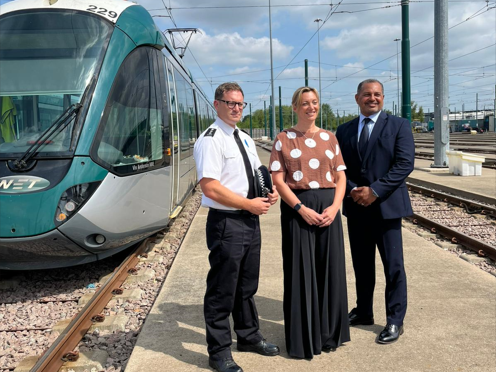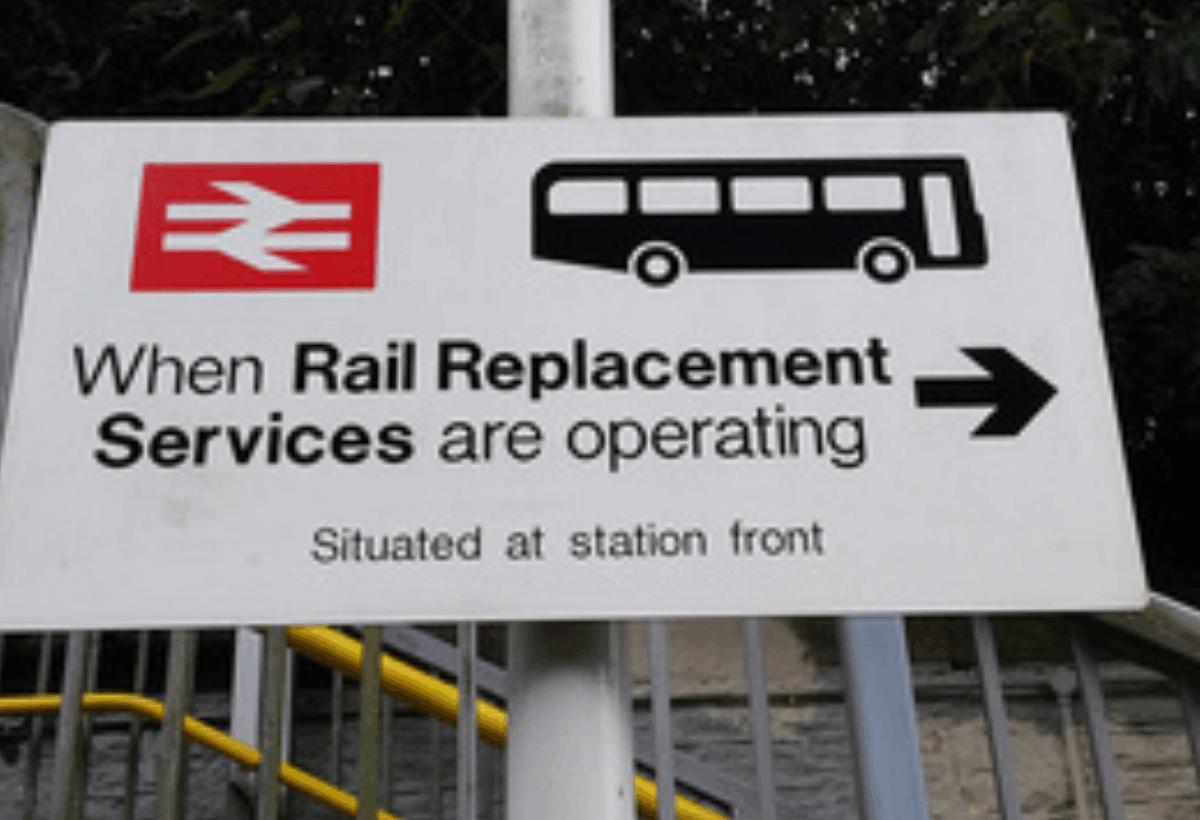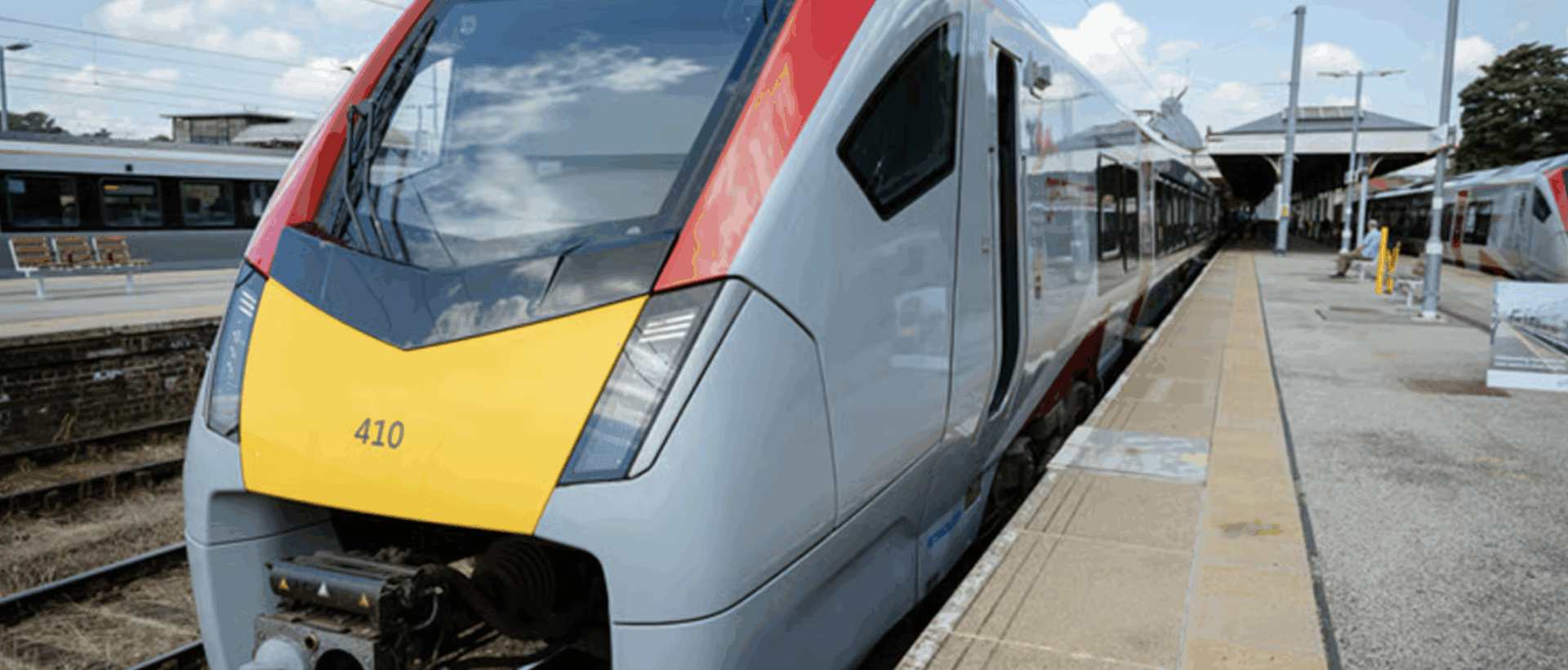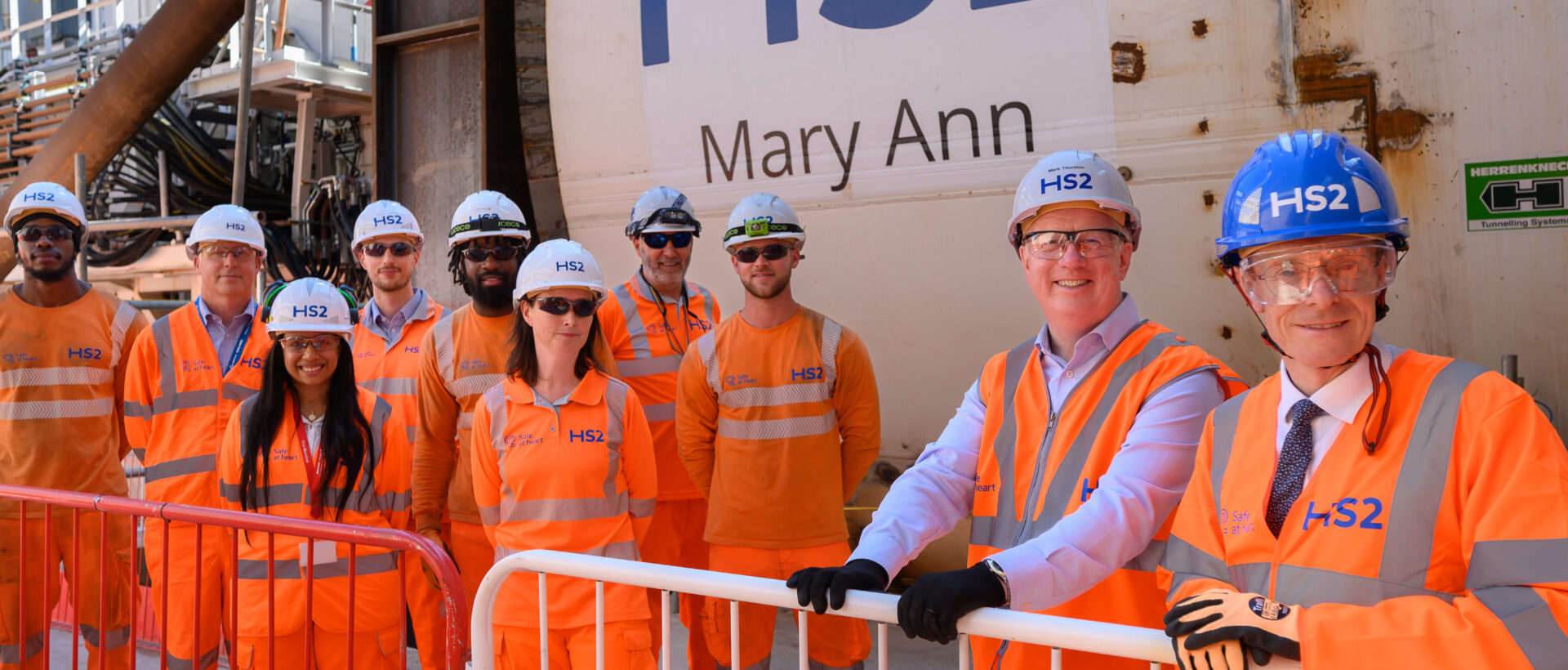The UK’s Office of Rail and Road (ORR) has called on train operators and station managers to make better use of available data and improve communication methods to enhance the experience of passengers who require assistance when travelling.
In a newly published report, the regulator sets out findings from a review into how five of the country’s busiest rail stations manage assistance requests. The study focused on both the communication of these requests between staff and stations, and how outcomes are recorded and reviewed.
The research forms part of the ORR’s wider programme of work aimed at improving accessibility across the rail network. It follows on from a 2024 assessment of how operators deliver assistance and highlights a number of areas where improvements could be made.
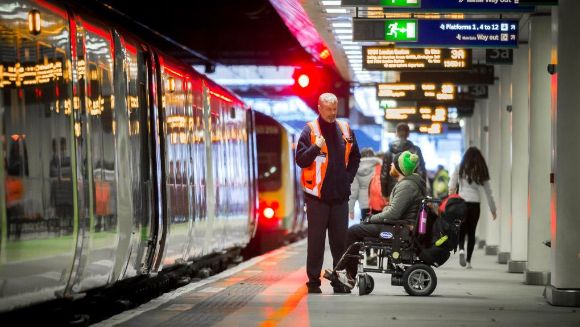
The ORR visited Birmingham New Street, Bristol Temple Meads, Crewe, London King’s Cross, and Manchester Piccadilly to observe how handover procedures and assistance coordination are managed in practice. It found that the Passenger Assist staff app and dashboard have helped to streamline the process, allowing frontline teams to more easily track and respond to both pre-booked and spontaneous requests.
Despite the benefits of the current system, the ORR noted that data from the Passenger Assist platform is not consistently reviewed to identify trends or inform service development. This, the regulator says, represents a missed opportunity to learn from experience and address recurring issues.
The report also raised concerns about recent moves by some stations to reduce the use of telephone-based communication between staff. Without clear communication and coordination across the network, there is a risk that vital information could be lost or misunderstood, potentially affecting the quality and reliability of assistance.
To address these issues, the ORR has made several recommendations. These include encouraging regular staff meetings at station level to review assistance data, and asking operators to explore how the Passenger Assist technology can be better used to support communication and coordination.
Operators wishing to move away from telephone communication are expected to demonstrate to the ORR how alternative methods will provide equivalent or improved outcomes for passengers, with particular attention to any associated risks.
Stephanie Tobyn, director of strategy, policy and reform, said:The way assistance requests are communicated between stations is essential to making sure a passenger gets the help they need and expect. The process needs to work in practice and it’s essential to use data from the latest technology to learn and improve.
We look forward to meeting with operators soon to talk through these positive and common-sense steps, which should support a more reliable service for passengers.

















